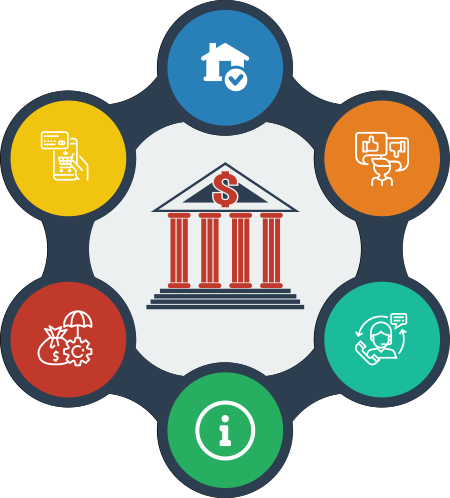Advancing Rights Advocacy – Campaigns for Domestic Helper Welfare
Advancing rights advocacy for domestic helper welfare is a crucial endeavor that seeks to address the often-overlooked challenges faced by this vulnerable workforce. These unsung heroes play a pivotal role in supporting households worldwide, yet their rights and well-being are frequently marginalized. To champion their cause, comprehensive campaigns must be initiated, shedding light on the multifaceted issues that domestic helpers encounter and advocating for systemic change. Firstly, such campaigns should emphasize the importance of recognizing domestic helpers as essential contributors to society. These individuals undertake indispensable responsibilities, enabling others to pursue their professional and personal endeavors. By dispelling stereotypes and acknowledging their invaluable role, advocates can foster a cultural shift that dignifies domestic helpers and prompts fair treatment. Crucial to these campaigns is the call for improved legal frameworks and protections. Domestic helpers often find themselves in precarious employment situations, with inadequate legal safeguards. Advocates must push for comprehensive legislation that establishes clear employment contracts, fair wages, and reasonable working hours.

Moreover, legal frameworks should explicitly prohibit any form of discrimination, ensuring that domestic helpers are safeguarded against abuse, exploitation, and unfair dismissal. Healthcare is another paramount aspect that demands attention within these campaigns. Many domestic helpers lack access to adequate healthcare, facing challenges in seeking medical attention when needed. Initiatives should advocate for inclusive healthcare policies that prioritize the well-being of domestic helpers, ensuring they have affordable and accessible healthcare services. This involves collaborating with healthcare providers, policymakers, and the community to establish systems that address the unique health concerns of domestic helpers. Furthermore, campaigns should strive to enhance awareness regarding the importance of education and skill development for domestic helpers. By promoting access to educational opportunities and vocational training, advocates can empower domestic helpers to broaden their skill sets, enhancing their employability and providing avenues for career growth. This not only contributes to their personal development but also challenges societal perceptions of their capabilities.
In the digital age, technology can be harnessed as a powerful tool in advancing rights advocacy for domestic helper welfare. Social media campaigns, online platforms, and mobile applications can be leveraged to amplify voices, share stories, and mobilize support globally. These digital initiatives can foster a sense of solidarity, 菲傭 connecting advocates, domestic helpers, and supporters across borders to collectively push for change. In conclusion, advancing rights advocacy for domestic helper welfare requires multifaceted and concerted efforts. By recognizing the indispensable role of domestic helpers, advocating for robust legal frameworks, prioritizing healthcare access, promoting education and skill development, and leveraging technology for outreach, campaigns can work towards dismantling the systemic barriers that impede the well-being of this essential workforce. In doing so, society can move closer to future where domestic helpers are not only valued for their contributions but also afforded the rights and dignity they rightfully deserve.



